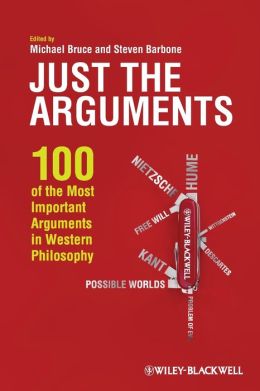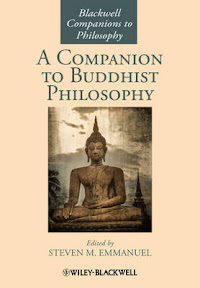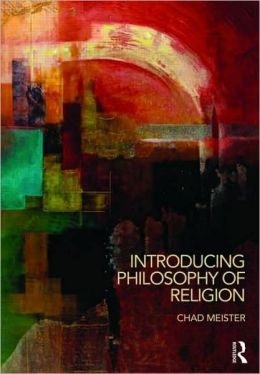This collection of 24 essays, written by eminent philosophers and
political theorists, brings together fresh debates on some of the most
fundamental questions in contemporary political philosophy, including
human rights, equality, constitutionalism, the value of democracy,
identity and political neutrality.
- Presents fresh debates on six of the fundamental questions in contemporary political philosophy
- Each question is treated by a pair of opposing essays written by eminent scholars
- Lively debate format sharply defines the issues, invites the reader to participate in the exchange of arguments and paves the way for further discussion
- Will serve as an accessible introduction to the major topics in political philosophy, whilst also capturing the imagination of professional philosophers
- Offers the unique opportunity to observe leading philosophers engaging in head-to-head debate.













